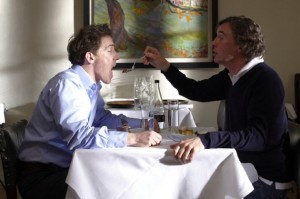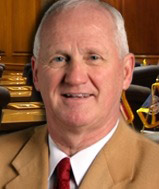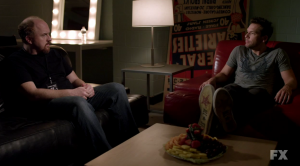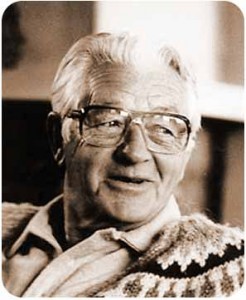I.
Two Fridays ago I got four wisdom teeth removed (this just two days after an artificial tooth I’ve always had fell out) and it essentially wiped a week out of my life. I mean I was alive and awake, but I spent it on a sofa in pain or a haze. I taught two classes somehow!
I’m coming out of it. A short-story collection, If You Need Me I’ll Be Over There, is overdue to my agent. It’s my own deadline. I’m not even sure she’s aware the thing exists.
The essay is a form that makes so much sense to me I don’t even think much about it. It’s to walking what the short story is to the quadrille. A writing-school grad is told and demonstrated more than perhaps is useful that the short story is a perfectable form. It is old enough and it has been taught and vivisected enough that everyone seems to know what to expect when confronted with one. And yet a short story that does properly what it’s supposed to isn’t anything anybody wants to read.
 II.
II.
A thing was posted on writing-blog HTMLGIANT today titled “Art’s a Fucking Mess”. That’s its argument; more explicitly it’s that good art disrupts the social order. See the animated GIF posted over there. I was the sort of kid who got paid for A’s and grounded for C’s. Being “good” to me is tied, I’m coming to realize, way too closely to being right. Or no: being proper. I like models a lot. A lot.
III.
I read a “bad” “review” today about my book. Quotes around the second word because it was an Amazon customer review, which tend not to be reviews so much as personal reactions. Quotes around the first word because the nature of the review makes whether it’s bad or not up for debate. Also a good friend of mine while overall liking a story I sent him for feedback pointed out today lots of specific problems with it, all of which are spot on. And so I’ve got some choices to make. What’s an artistic mess, and what’s hack work?
IV.
Here’s a line from Schnabel’s Basquiat that came to mind today, spoken by Michael Wincott’s Rene Ricard character:
When I speak, no one believes me. When I write it down, people know it’s true.
It’s delivered masterfully, at a moment when the power dynamic between Basquiat and this queer critic who discovered him is starting to shift. Schnabel’s not a critic. We know who we’re supposed to side with here. I’ve always wanted to be Rene Ricard.
V.
Rene Ricard’s a poet now. He lives in obscurity.









